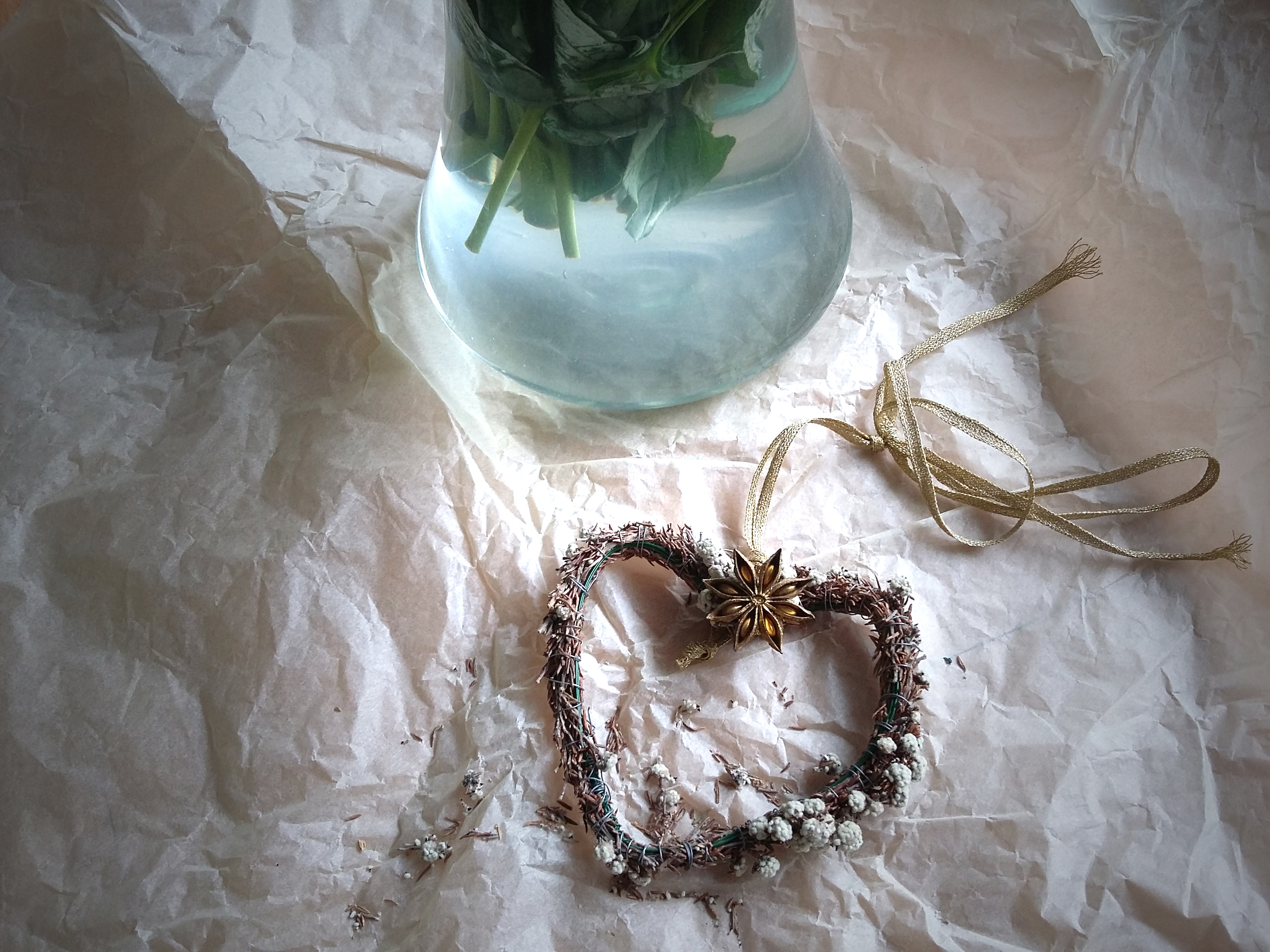From our Bare family to yours, you are not alone. We are thinking of you and are here to support you in any way we can. If you would like to talk to someone about your grief, you can book in for a session with our Bereavement Specialist, Claire Hoffman, here.
The information provided in this article is for educational and informational purposes only, and is not intended as medical advice. If you are in need of support, you can call Lifeline on 13 11 14 or head here for more grief support services.
Days like Mother’s Day always intensify our grief. It’s a difficult time of year for anyone who’s lost a mother figure in their lives, or even mothers who have lost children, those with infertility struggles, miscarriages, and many more.
Here is your reminder for Mother’s Day; you are not alone, no matter how much it feels like it. You are not the only one struggling with your grief on a day of joy, and there are so many people out there who understand and are experiencing the same thing as you.
Why is Mother’s Day such a difficult day for grief?
On a day where the world is celebrating and appreciating their mothers, the grief of not having your mother with you can feel like a sucker punch, a reminder of what you’ve lost. And even if you didn’t have a close relationship, the day can stir up feelings of regret and general sadness.
While some people feel that every day is the same after a loved one has died, others find days of celebration much harder than others. While Christmas and Easter and other celebratory days can be tough, specific celebrations such as Mother’s Day bring up a specific kind of pain because it feels like the rest of the world is filled with joy.
Some companies might be taking steps to acknowledge that Mother’s Day is not easy for everyone with the ability to opt out of email communications, but it’s still nearly impossible to avoid the joy, the gift giving and the togetherness that is Mother’s Day. Any if you’ve experienced any loss related to being or losing a mother, you feel like you can’t escape it.

Acknowledge the different kinds of Mother’s Day grief.
There are several different kinds of experiences that cause grief on Mother's Day. Here are a few examples.
Those who have lost their mother.
Mother’s Day can be pretty painful for those who feel the absence of their mother, and bring up a wash of emotion; anger, yearning, bitterness, depression, loneliness. Getting through the day feels like a chore and no matter how you try to avoid the celebrations, your reality without your mum is excruciating in the wake of other’s joy.
Those who had complicated relationships with their mother, who has since died.
It’s a different kind of grief when the person you were angry or upset at is no longer around to bear your emotions. There might be feelings of guilt about how you interacted with or treated each other, or even feeling judged or isolated by your feelings of joy or relief that they are gone given Mother’s Day brings out so much love and appreciation for mothers.
Grieving the loss of a child.
It is a true tragedy for a child to pass away before their parents, and Mother’s Day can bring up difficult feelings with how you feel as a Mother, whether or not you have surviving children. A part of you is missing and feels lost every day, but you still want to remember your child and let their memory live on.
Miscarriages and infertility.
Mother’s Day can be triggering for those desperately trying to become a mother, especially when it feels like everything you ever wanted in the world is being denied. It can also feel like you’re unable to openly grieve on a day of joy, because people won’t understand why you feel this way.
Mother figures.
Aunts, grandmothers, or generally important people who act like mother figures in their lives. Feel free to celebrate these people on Mother’s Day, or also grieve them if they are no longer with you. Being a mother is not strictly about being blood related - a mother is a role they play in your life.
Conflicting feelings about grief.
Mother’s Day can be bittersweet for some. Depending on where you are in your grief and healing journey, you could be filled with love and appreciation for the person who had such a monumental impact on your life.
But equally as strong is the grief and knowing they will no longer be there for important milestones in your life, or maybe your own children’s lives. You’re allowed to feel angry at them for not being there or not being able to have that final conversation, hollow from missing them, or just incredibly sad.
But what people forget to tell you is that happiness and grief can coexist. Some moments might feel “normal”, but then the grief rushes back and you can’t even begin to function.
How to take care of yourself on Mother’s Day.
Whatever kind of grief you are experiencing this Mother’s Day, here are some tips and advice for taking care of yourself and working with your grief.
Acknowledge your feelings.
Trying to push down your feelings and getting on with life isn’t the healthiest way to cope. All feelings and emotions are completely normal, even if it’s loneliness, anger, sadness, guilt or relief. Your inner voice might be telling you it’s bad to feel like this, but it’s important to recognise how you're feeling and not to put a moral label on your emotions.
Have someone who you can vent to, cry with or ask for support.
For many of us, reaching out and asking for support can be hard and we want to resist, but having someone close to be your complete self, grief and all, can ease the pain of the day. Connection is a powerful tool for grief. Even just having a friend on standby or ready to answer your call or text can be helpful on and around Mother’s Day.
Finding and connecting with people who are going through a similar situation can also be beneficial. They will get exactly what you’re feeling, and can offer advice, support, or just shared experience.
Make a plan for the day.
Even if the plan is nothing, it’s good to have an idea of what you want to do with the day, whether that’s staying home and ordering your favourite food or keeping your mind busy with chores and other tasks.
Having a plan means you can avoid running into people celebrating Mother’s Day at the supermarket, shops or a restaurant, which could bring up some painful emotions.
Avoid social media for the day.
If you know your social media feeds are going to be bombarded with messages of love and appreciation for mothers, it might be a good idea to log off and avoid the apps for the day. You could even take it one step further and delete the social media apps; you can always download them again the next day.
Consider reflecting and starting new traditions.
It doesn’t have to be on Mother’s Day, but if you are ready, it can be a good time to reflect on the memories with your loved one and remember the good times. New traditions could be cooking their favourite foods, visiting their favourite places, or lighting a candle in their memory. You could also make a donation in their name to a cause that meant a lot to the both of you.

Supporting someone grieving on Mother’s Day.
Be a listening ear for your loved one if they are grieving, as this can help open up the conversation if they feel like talking.
It’s okay to not know what to say - sometimes that honesty is best. “I don’t know what to say, but I know this is tough for you and I just want you to know that I’m here for you and whatever you need.” They don’t need any well meaning but unhelpful platitudes or toxic positivity. They need real talk.
Remember that grief doesn’t just magically disappear after a couple of months. Whilst the acute grief might have faded, grief is a lifelong journey, especially when it comes to people who are so close to us. Remember to check in and ask how they are going.
Final thoughts on Mother’s Day grief.
Just remember you are not alone on Mother’s Day; even though it seems like the world is celebrating while you’re grieving, know that there are so many people out there feeling similar to you and are struggling with the positivity of the day.
Be kind to yourself. Grief is a lifelong journey, which we grow around and carry with us. The love and pain will always be there, but you are strong enough to make it through.
Disclaimer: This article provides general information only and does not constitute professional advice. Please consult a qualified expert for guidance specific to your situation.





.jpg)

